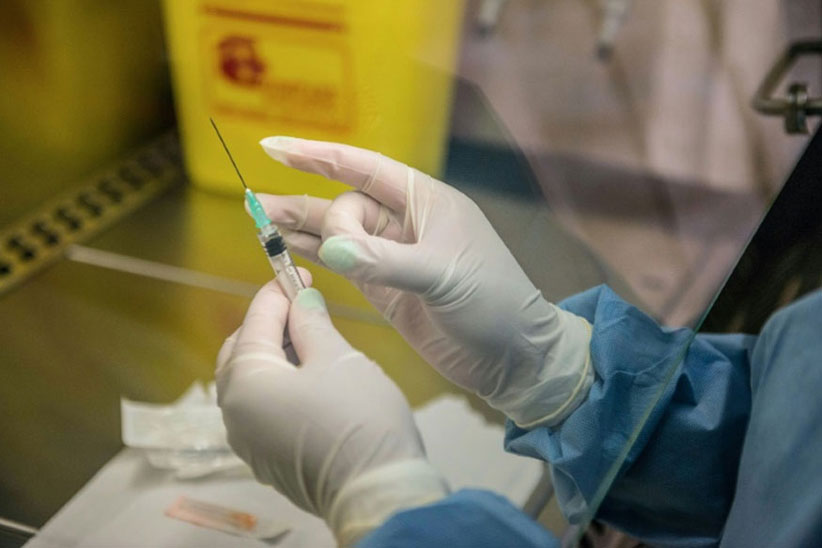7 March, 2020
Vaccine for COVID-19 Won’t Be Ready Before 2022, Says World’s Largest Vaccine Producer
Serum Institute of India, world’s largest vaccine producer by number of doses produced, headquartered in Pune, has stated that the vaccine for COVID-19 will not be readied before 2022.

New Delhi: Soon after the outbreak of COVID-19, drug makers across the globe are trying hard day and night to find effective treatments and vaccines to combat the novel coronavirus, which has been announced as “global health emergency” by World Health Organisation. Meanwhile, over 3,300 people worldwide have lost their lives while over 98,000 people have been infected by the virus.
Serum Institute of India, which is world’s largest vaccine producer by number of doses produced, and is headquartered in Pune, has stated that the vaccine for COVID-19 will not be ready before 2022.
Adar Poonawalla, the CEO of Serum Institute of India, spoke to CNN-News18 on the availability of vaccine to fight the COVID-19 which has engulfed the globe. Here are the excerpts from the interview:
Tell us more about the algorithm that has been developed for the COVID-19 vaccine
It is the partnership that we have with Codagenix (a Biotechnology firm) in the United States which has this algorithm. We have a partnership with them, they have the rights globally for the vaccine. We have entered it into mice and primates with four different candidate vaccines to see which one would work the best and that is where we are at the moment. In two- month time, we hope to get some results on the animal studies and then based on the regulatory path we take and which countries give us the fastest way to enter into human beings, which will be a real challenge.
So that may or may not be in India (clinical trials on humans)?
I hope I can do it in India but don't know what ethics and safety standards we will be adhering to over here. Maybe there will be some fast track wavers. We may have to go to some other country including China. China may allow this at a more rapid pace.
Have you had any communication with the Government of India on this?
No. We are planning to do that in two months. Because we don't even have the animal data. Once that happens, this will be the fastest vaccine ever developed because usually a vaccine takes 6-7 years to develop a vaccine.
Have you been approached by China? Have they shown any interest?
Yes, there are two companies who have approached us. They want to buy the rights also. We cannot disclose their names now. They have been very receptive.
How important is it to fast track the vaccine at this point?
I am using this platform to show the rapid response to a disease that is very infectious though the fatality is not very high. As vaccine leaders in the world, we should step up and contribute to these kind of pandemics.
When do you think the vaccine will be market ready?
It will take a year to finish clinical trials. About a year-and-half from here will be a realistic time line.
Is this the biggest challenge for you in terms of the time it takes and the regulatory framework?
Yes. And also the manufacturing conditions. This product will have to be handled under BSL 3 (biosafety level) conditions which basically is a very high containment level. I don't know how many facilities in the world have high volume manufacturing in BSL 3, we don't. We will have to see if this can be toned down. Even if you have the vaccine the main challenge will be to manufacture it at a large volume.
There is a bit of concern about the commercial value of this vaccine, given the fact that even in the past, you did develop a vaccine for H1N1 and that did not have many takers? Are you wary that the same could happen to the COVID-19 vaccine too?
Yes, because once the hype goes down, usually the commercial market value goes down in terms of demand but here we are talking of a global pandemic and I expect that there would be some stock piling done by some countries. We will have to see how much investment we want to put and also make it available at a reasonable product. Here it will be significantly cheaper that what it is in the West.
Source: News 18 (7th March 2020)
 Back to News
Headlines
Back to News
Headlines